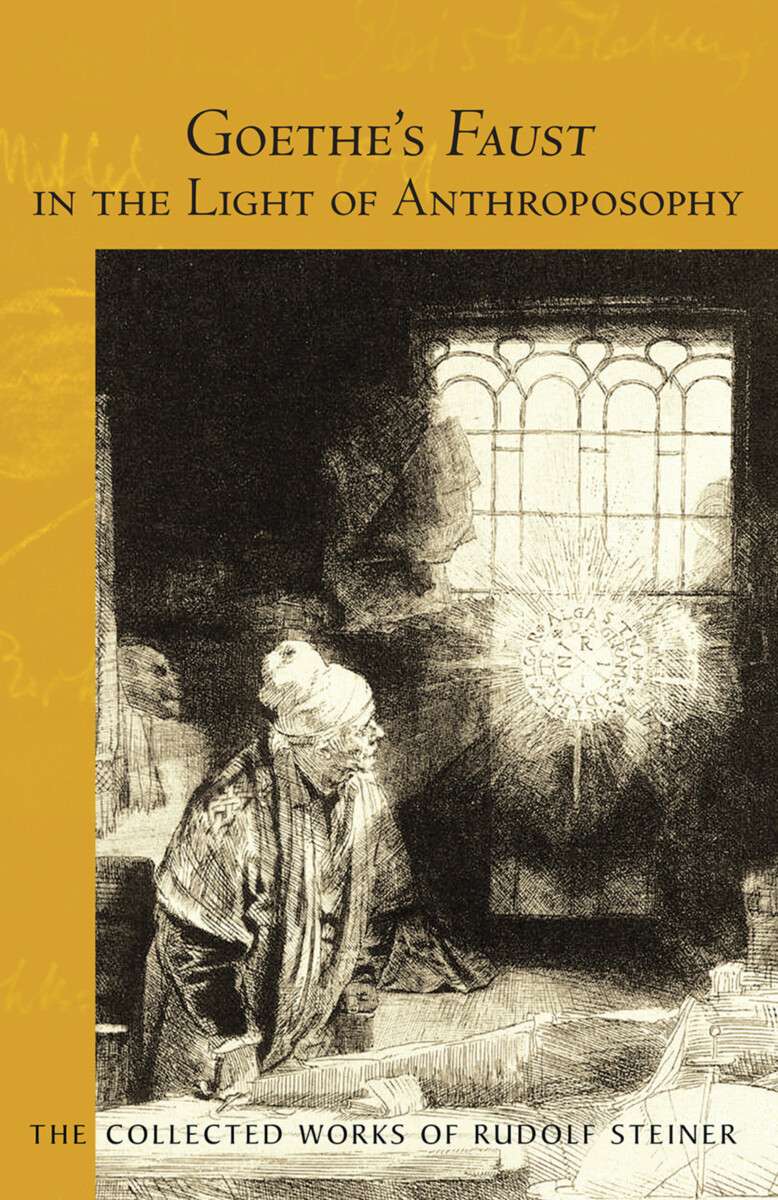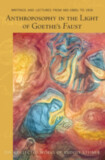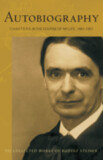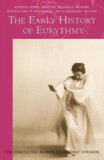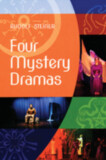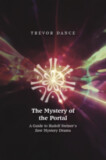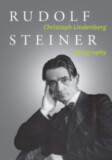Goethe's Faust in the Light of Anthroposophy
Volume Two of Spiritual–Scientific Commentaries on Goethe’s Faust (CW 273)
- Publisher
SteinerBooks - Published
1st September 2016 - ISBN 9781621480914
- Language English
- Pages 470 pp.
- Size 6" x 9"
13 lectures in Dornach & Prague, Sept. 30, 1916 – Jan. 19, 1919 (CW 273)
Excerpts from various texts and two poems by Goethe
This volume is the sequel to Anthroposophy in the Light of Goethe’s Faust (CW 272).
By late 1916, Rudolf Steiner had become an important interpreter of Goethe and frequently discussed Faust—probably Goethe’s greatest work—from the perspective of anthroposophic Spiritual Science. Although Steiner’s readings are unconventional and unsystematic, his insights into the text are penetrating and prescient, opening scholarly avenues not discovered or pursued by others until decades later and, in some cases, still await fuller elaboration.
Steiner’s account is completely unlike those of his contemporaries, including those Goethean scholars he most admired. His approach is not a philological construction of the ideal text, a positivistic account of the biographical genesis of the work or influences on Goethe, an intellectual and historical recasting of the drama as implied philosophical argument, or a view of the tale through the lens of an especially refined sensibility. Steiner’s discussions veer into each of these arenas, but, invariably, he steers back to his original course, stressing the least realistic, least historical, and least romantic aspects of Goethe.
Steiner contributed to the scholarship on Faust by, above all, opening new aesthetic perspectives; by revealing the centrality of Greek Mystery religion within the archetypal unconscious of Faust; by showing the duality of evil latent within Goethe’s text; and by exploring an alchemical transformation of consciousness.
In these lectures, Steiner anticipates the best of Goethe’s Faust by helping us to see the Neoplatonic Faust, the Hermetic Faust, the archetypal Faust—in short, the esoteric Faust.
Goethe's Faust in the Light of Anthroposophy is a translation from German of Geisteswissenschaftliche Erläuterungen zu Goethes 'Faust', in 2 Bdn., Bd.2, Das Faust-Problem (GA 272).
Rudolf Steiner
Rudolf Steiner (b. Rudolf Joseph Lorenz Steiner, 1861–1925) was born in the small village of Kraljevec, Austro-Hungarian Empire (now in Croatia), where he grew up. As a young man, he lived in Weimar and Berlin, where he became a well-published scientific, literary, and philosophical scholar, known especially for his work with Goethe’s scientific writings. Steiner termed his spiritual philosophy anthroposophy, meaning “wisdom of the human being.” As an exceptionally developed seer, he based his work on direct knowledge and perception of spiritual dimensions. He initiated a modern, universal “spiritual science” that is accessible to anyone willing to exercise clear and unbiased thinking. From his spiritual investigations, Steiner provided suggestions for the renewal of numerous activities, including education (general and for special needs), agriculture, medicine, economics, architecture, science, philosophy, Christianity, and the arts. There are currently thousands of schools, clinics, farms, and initiatives in other fields that involve practical work based on the principles Steiner developed. His many published works feature his research into the spiritual nature of human beings, the evolution of the world and humanity, and methods for personal development. He wrote some thirty books and delivered more than six thousand lectures throughout much of Europe. In 1924, Steiner founded the General Anthroposophical Society, which today has branches around the world.


